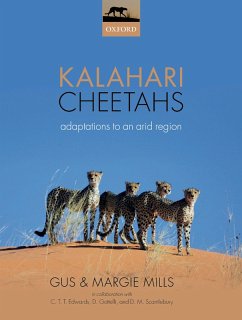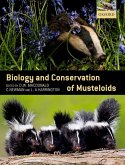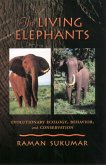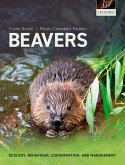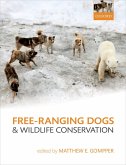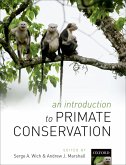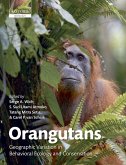The cheetah, the fastest terrestrial animal, has widespread appeal amongst wildlife biologists and enthusiasts alike. However, like all all large carnivores, it is increasingly threatened by habitat loss and its status is now classified as 'Vulnerable' by the IUCN. This is the first comprehensive study of cheetah biology in an arid environment, a major component of its current distribution range. The book brings together results from an intensive six year study of the cheetah by the authors in the Kgalagadi Transfrontier Park in South Africa and Botswana. It documents a wealth of detailed and direct observations of cheetah population biology and behavioural ecology, adopting an evolutionary approach and providing a conceptual framework for future research and applied management in the context of global environmental change. Kalahari Cheetahs covers topics such as optimal foraging theory, hunting strategies and predator prey relations, mating systems and reproductive strategies and success, inter-specific competition, demography, social organisation, and population limitation. Comparisons with previous cheetah studies reveal the variability of ecological determinants on behaviour, and the behavioural flexibility and ability of these carnivores to adapt to different environments. This advanced textbook is suitable for graduate level students as well as professional researchers in felid behavioural ecology and conservation biology. It will also be of relevance and use to conservationists, wildlife managers, and African wildlife enthusiasts.
Dieser Download kann aus rechtlichen Gründen nur mit Rechnungsadresse in A, B, BG, CY, CZ, D, DK, EW, E, FIN, F, GR, HR, H, IRL, I, LT, L, LR, M, NL, PL, P, R, S, SLO, SK ausgeliefert werden.

